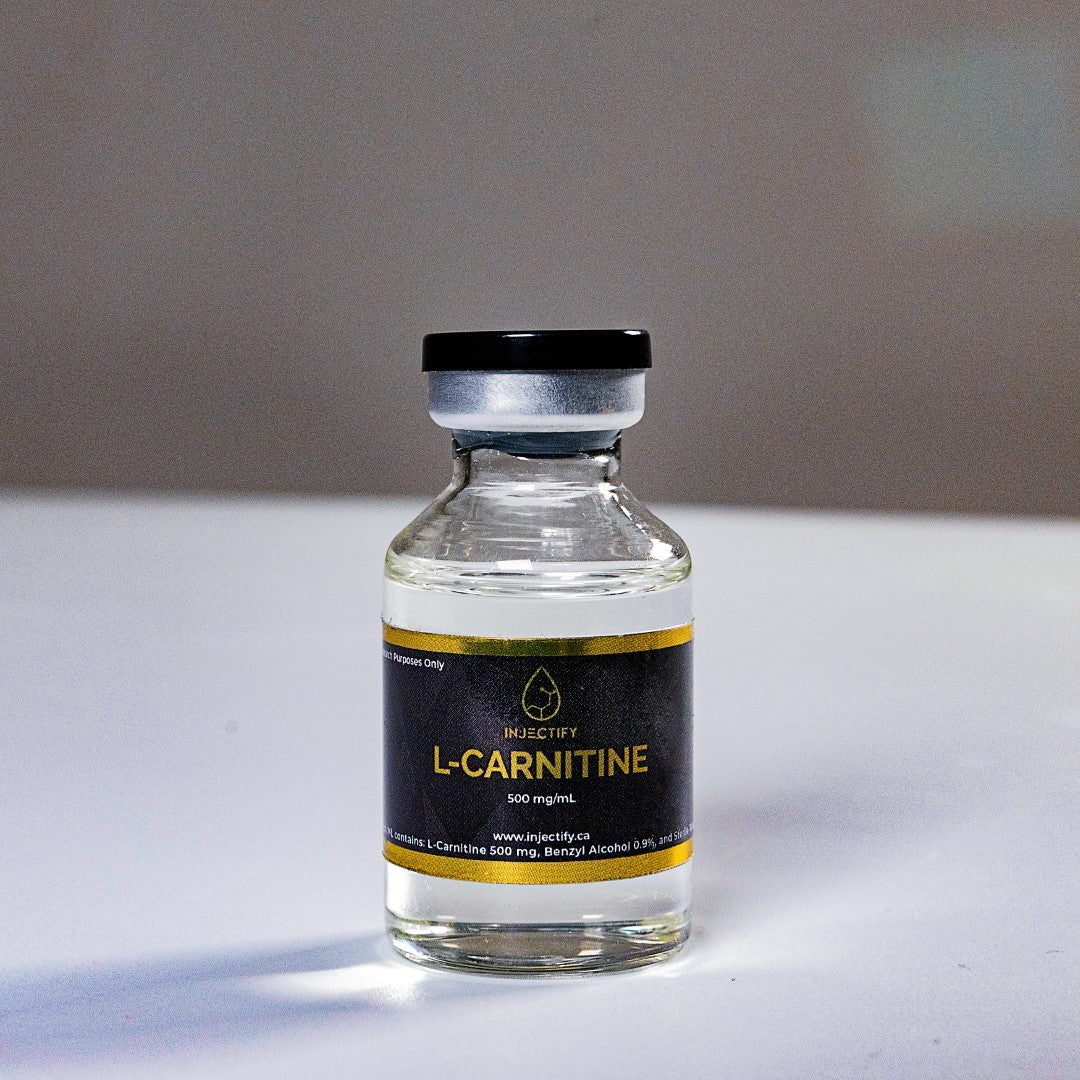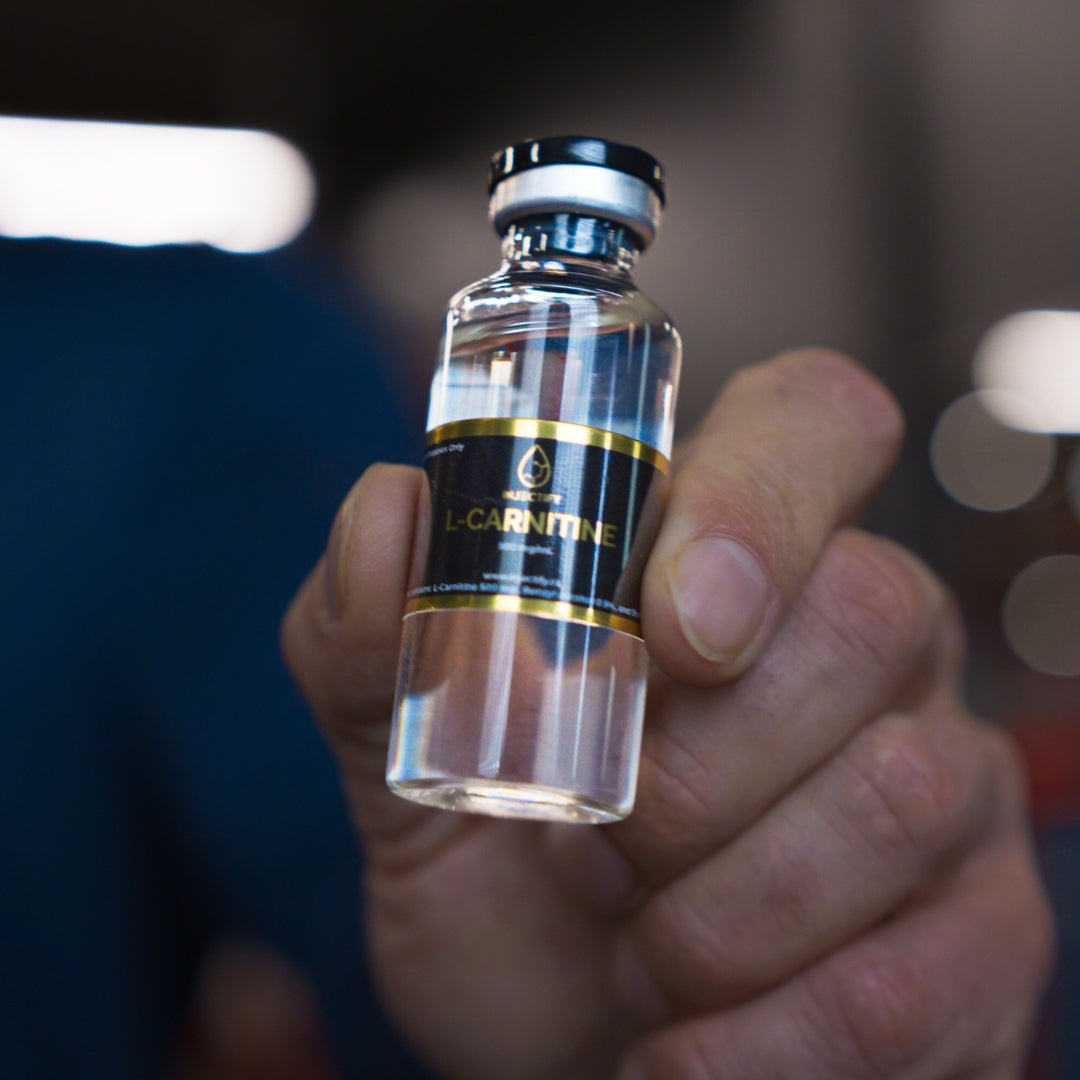L-Carnitine And Growth Hormone Deficiency: Study Breakdown
Introduction
Hey there, gym bros and fitness enthusiasts! Ever wondered if there’s a supplement that could help with growth hormone deficiency (GHD) and boost your fitness game? Well, you’re in luck. A recent study has highlighted the potential of L-carnitine in treating GHD, showing a positive correlation with increased growth hormone and IGF-1 levels. Let’s dive into what this means for you.
The Study: L-Carnitine and Growth Hormone Deficiency
Growth hormone deficiency can significantly impact your muscle growth, recovery, and overall energy levels. The study published in the National Center for Biotechnology Information (NCBI) investigated the effects of L-carnitine supplementation on individuals with GHD. The key findings were nothing short of impressive:
- Increased Growth Hormone Levels: The study found that L-carnitine supplementation led to a noticeable increase in growth hormone levels among participants.
- Boosted IGF-1 Levels: IGF-1 (Insulin-like Growth Factor 1), a crucial hormone for muscle growth and development, also saw significant improvements with L-carnitine use.
- Enhanced Fat Metabolism: L-carnitine aids in transporting fatty acids into the mitochondria, where they are burned for energy, thus helping reduce body fat.
Breaking Down the Benefits
Let’s simplify these findings for our gym bros:
- Enhanced Muscle Growth: With increased growth hormone and IGF-1 levels, your muscles can recover and grow more efficiently.
- Better Fat Burning: L-carnitine helps your body use fat as a fuel source, making it easier to shed those stubborn pounds.
- Improved Energy Levels: Higher growth hormone levels mean more energy for intense workouts and faster recovery.
Addressing Common Misconceptions
Now, let’s tackle some common misconceptions about L-carnitine and growth hormone deficiency:
-
Misconception 1: L-carnitine is only for fat loss.
- Truth: While L-carnitine is great for fat metabolism, it also plays a crucial role in increasing growth hormone and IGF-1 levels, making it beneficial for overall muscle growth and recovery.
-
Misconception 2: Growth hormone supplements are unsafe.
- Truth: L-carnitine is a naturally occurring amino acid derivative, making it a safe and effective way to support growth hormone levels without the side effects often associated with synthetic hormone treatments.
-
Misconception 3: You need a prescription for effective growth hormone treatments.
- Truth: L-carnitine offers a non-prescription alternative to support your growth hormone levels naturally and effectively.
Why Choose L-Carnitine Injectables?
Here’s why L-carnitine injectables stand out:
- High Bioavailability: Injectable L-carnitine ensures rapid absorption, delivering faster and more noticeable results.
- Convenience: Injectables are easy to use, integrating seamlessly into your fitness routine. Note that the injectable L-carnitine sold on Injectify™ is intended only for laboratory research. Not for human consumption or for domestic, veterinary, or medical purposes.
Conclusion: Boost Your Growth Hormone Levels Naturally
Ready to take your fitness journey to the next level? L-carnitine injectables might be just what you need to enhance your growth hormone and IGF-1 levels. For more detailed information on the study, you can read the full research HERE.
FAQs
Q: How does L-carnitine help with growth hormone deficiency?
A: L-carnitine has been shown to increase growth hormone and IGF-1 levels, which are crucial for muscle growth, recovery, and overall energy levels.
Q: Is L-carnitine safe for long-term use?
A: Yes, L-carnitine is generally well-tolerated and considered safe for long-term use. However, it’s always best to consult with a healthcare professional before starting any new supplement.
Q: How often should I take L-carnitine injectables?
A: The frequency of L-carnitine injections can vary based on individual needs and goals. Follow the guidelines provided with the product or consult with a healthcare provider.
Q: Can L-carnitine injectables be used alongside other supplements?
A: Absolutely! L-carnitine can be used in conjunction with other supplements. Just ensure there are no adverse interactions by checking with a healthcare professional.
Q: Will L-carnitine help with muscle recovery?
A: Yes, L-carnitine has been shown to aid in muscle recovery by reducing muscle soreness and damage post-exercise.
Injectify
Injectable L-Carnitine
5.0 / 5.0
(7) 7 total reviews
- FAST Shipping
- Secure Checkout
- 100% PURE Carnitine
Share



Disclaimer
FDA Disclaimer
The information presented on this website has not been reviewed or approved by the U.S. Food and Drug Administration. Any statements about our products are not intended to diagnose, treat, cure, or prevent any disease.
Research Use Only
All products sold by Injectify.is are intended solely for laboratory and research applications. They are not approved for human or veterinary use, nor are they available for purchase by or use on patients.
Not a Compounding Facility
Injectify.is operates exclusively as a chemical supplier and does not meet the definitions of a compounding pharmacy or chemical compounding facility under Section 503A of the Federal Food, Drug, and Cosmetic Act. Furthermore, Injectify.is is not an outsourcing facility as defined by Section 503B of the same Act.
Terms & Conditions
Before placing an order, please review our Terms & Conditions. By purchasing from Injectify.is, you acknowledge and agree to abide by these terms.

